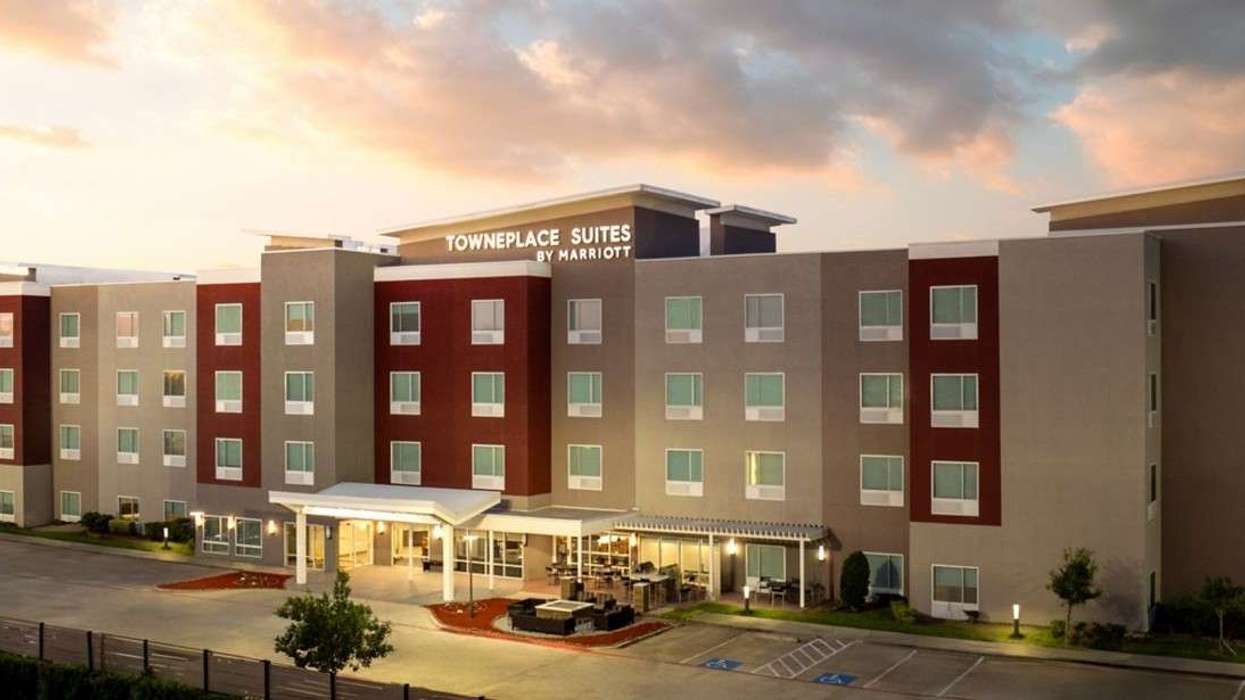MORE THAN HALF, or 51 percent, of those traveling to celebrate winter holidays this year will hit the road rather than take to the sky at 13 percent, according to a recent survey commissioned by G6 Hospitality. One in four travelers will choose a hotel or motel this holiday season.
G6 is the parent company of Motel 6 and Studio 6 brands.
The study surveyed 2,000 Americans planning to celebrate winter holidays and found a 2 percent increase in road travelers compared to OnePoll's 2023 findings. This choice is driven by the proximity of their destination at 46 percent and the desire to save money at 26 percent.
For many, the joy of a road trip lies in the journey itself, with 80 percent believing it enhances the travel experience, the survey said. This sentiment may stem from 39 percent admitting to having a preferred or assigned seat in the car when traveling with family.
“There’s something comforting about packing into the family car with a trunk filled with gifts and casseroles and road-tripping to your holiday celebrations,” said Julie Arrowsmith, G6 Hospitality’s president and CEO. “It’s no surprise we are seeing an uptick in this trusted travel choice this year given the current environment.”
From their hometown to grandma’s house, travelers plan to lean into familiarity during the holiday season, with 63 percent preferring this approach over exploring new places, the survey reported. Visiting family and friends is one of their favorite holiday traditions at 50 percent, with 54 percent using their paid time off to spend quality time with loved ones.
Often, the destination doubles as makeshift lodging, with 52 percent staying at family homes and 14 percent at friends' homes, the survey said. However, 30 percent believe that this can lead to overcrowded houses and challenging sleeping arrangements, prompting travelers to seek alone time within 19.6 hours into the trip. To avoid sleeping on the floor, which 26 percent of travelers do, or making do with the couch, which 22 percent do, one in four travelers will choose a hotel or motel this holiday season.
The survey found that holiday travelers expect to plan their trips an average of three weeks in advance, with 23 percent not planning to book ahead at all. Many leave their holiday travel plans to the last minute, delaying bookings due to financial constraints at 39 percent or in hopes of finding better deals at 35 percent, which causes stress at 64 percent. Discounts significantly influence these budget-conscious travelers at 21 percent.
“It’s no secret that the holiday season brings joy and togetherness, but when paired with travel woes and high costs, the reason for the season can get lost,” said Arrowsmith.
In May, a G6 Hospitality survey found that nearly 8 in 10 Americans plan to travel by car to their summer destinations, citing the joy of driving.
In September, India-based Oravel Stays, the parent company of global travel technology company OYO, agreed to purchase G6 Hospitality for $525 million from Blackstone Real Estate.






